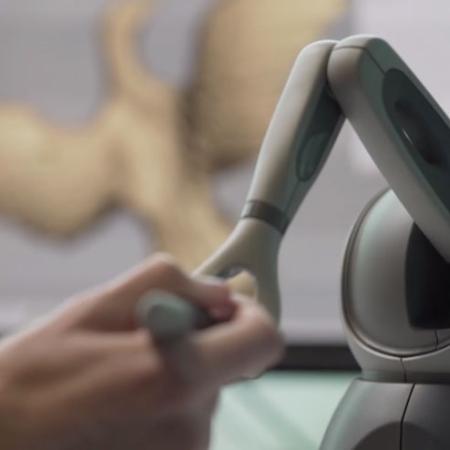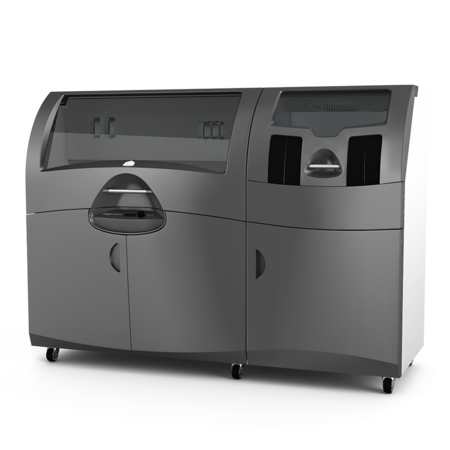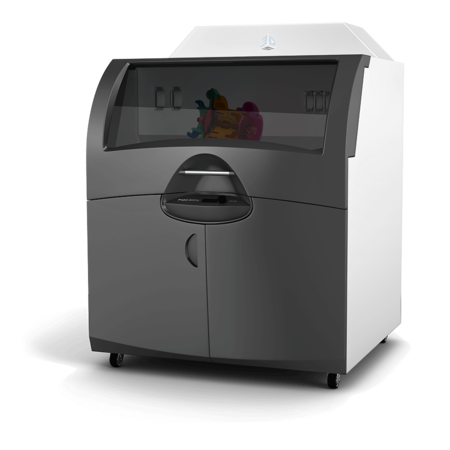"From design iteration to sample making, rapid prototyping, and manufacturing, Converse has developed a unique CAD approach to athletic shoe development. FreeForm helps to keep Converse ahead of the pack with an innovative set of tools unlike anything else on the market." - Jon Baier Senior Director of Product Development, Converse
The process consists of integrating CAD tools at the very beginning of the process to limit mistakes and help the designers ideate. The shoes start life as a quick sketch and are turned immediately into full 3D models. The models are rapid prototyped and handed off to the design group. The design group goes over these and makes changes. Once these are complete, they serve as the entire technical package and are rapid prototyped then painted (if time permits) and sent digitally to our Asian mold shop.
A quick 2D blueprint is generated for confirmation of all elements, and then the 3D model is used to create the tooling mock-up. The rapid prototype is sent to our factories and all soft patterns are started. These processes have drastically reduced development times. For the WADE 2.0, these times were absolutely shocking. The first pullover was made using the model as a guide. That first pattern was confirmed for production samples. The tooling took 2 rounds of blueprints and 6 days from inception to tooling being opened. Without FreeForm, this process would have taken much longer, up to a month or more.
“It was truly amazing to see how fast this shoe came together, not only did we reduce time in Asia but we brought a sample of the model to Duane Wade for approval. It was so close that he felt comfortable signing off on the design. All that was left for our team to do was execute the design.” -Bryan Cioffi, Manager of 3D Engineering and 3D Process Creator, Converse.
Bringing the WADE 2.0 to Life
OK, enough talk about it, here are the goods.
What follows is a detailed description of the creation process for the Converse Wade 2.0, which by the way hits stores in March ‘07.
It all starts with a sketch. This is the original concept sketch by Duane Lawrence Lead Designer BBall
Line art is then generated in Adobe® Illustrator® to be transferred to the CAD department for modeling.
The shoe starts with a digital last (3D foot shape). The last is offset to include correct material thicknesses and nets and turned into a reference part.
Using the Illustrator file and some hard-earned artistic and footwear engineering skills, the midsole and outsole are built to the reference piece. (Rhino™ is sometimes used to aid this process.)
Using the Shape and Deform features, as well as Offset Clay and Wire Cut Clay features, all details are added. The shoe starts to take shape.
Parts are all kept as separate pieces and used as a model tree. This allows greater detailing; notice the roses, Wade logo, and laces.
The shoe is then colored and rendered for pre- prototyping buy off.












"The 1:1 model was extremely valuable. It allowed us to confirm the 2.0 in just 6 days with only 1 pullover."
Alex Alpert Developer BBall


